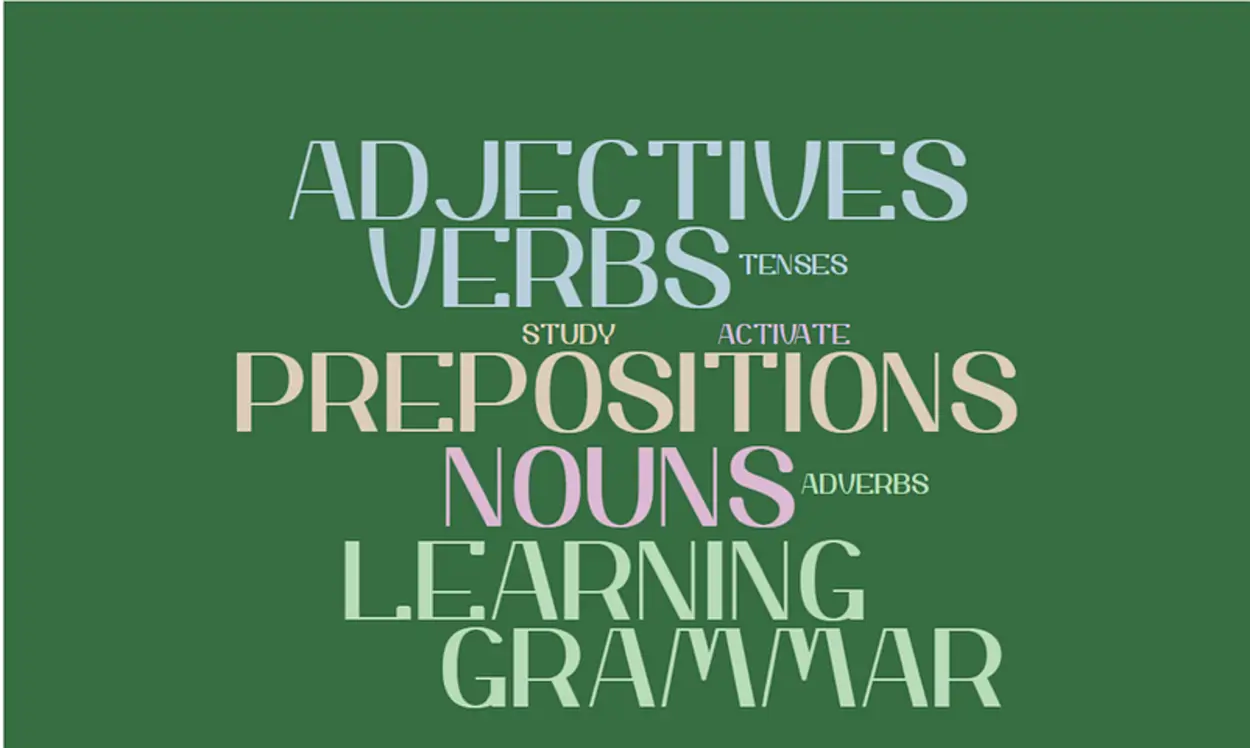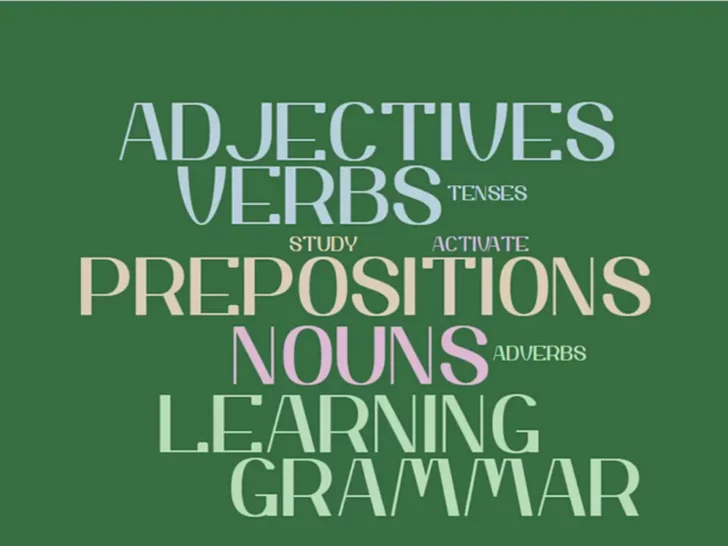The word “in” and “with” both are prepositions, and both of these words are commonly used with the verb ‘involved’. The term “involved with” and “involved in” can sometimes mean the same thing and in some context but are used differently in sentences.
When using prepositions and verbs, we need to make sure that we are using the correct sentences and that we are using these words in the right context. It’s quite common for people to get confused between these two terms and use them in the wrong context.
“Involved in” is used when a person is interested in doing something and enjoying it. Whereas, “involved with” is used when a person is in a romantic relationship with another person.
This article will help you out in understanding the difference between “involved in” and “involved with” and how you can use them both correctly.
What Is the Difference Between “Involved in” and “Involved With”?
“Involved in” and “involved with” are used differently in sentences. “Involved in” is used when a person is interested in doing something (like an assignment). On the other hand, you should use “involved with” when a person is engaged with another person in a relationship or something else.
Although the difference between the two isn’t really big, it’s pretty obvious that using “involved in” in the sentences is more common in English. People use this term when they are interested in doing something and when they’re enjoying doing a task or a project.
To give you a more clear idea of what is the difference between these two terms, here are the definition of these two terms that might help you:
According to The Cambridge Dictionary, the definition of “involved in” is “interested in something you are doing.”
Whereas, according to The Cambridge Dictionary, the definition of “involved with is “being in a close relationship with someone.”
Examples of How to Use “Involved In” In a Sentence
To get a more clear idea of what “involved in” means and how can you use this term in sentences, here are some examples that can give you a better understanding of the word “involved in”and how can you use it in sentences.
- I’m involved in every project in my school. I love doing various projects for school, after all.
- She’s involved in her office work, and there’s no way can tell her that there are more important and exciting things in life.
- You should avoid getting involved in other people’s business since it can create a lot of drama.
- You shouldn’t get involved in things you don’t understand and are allowed to do since you can get yourself in trouble.
- I’m involved in a few organizations and groups, I would happily introduce you to some of my friends if you’re interested.
- We’re involved in the operational side of things, and we’ll help you through orientation to make sure that you settle in alright.
- I heard she’s involved in a new relationship, and apparently, it’s with one of her older partners!
“Involved in” is used when you talk about a person who is interested in something or an object. When we use it in this way we’re implying that we do a lot of hands-on work to help complete the task or project.

Examples of How to Use “Involved With” In a Sentence
Let’s take a look at some sentences using the term “involved with” to give you a better idea that how can you use this term in sentences.
- I’m involved with my new neighbor, and we couldn’t be happier together.
- She’s involved with a new guy, though I haven’t had a chance to meet him yet.
- You shouldn’t get too involved with those kids, as they’re bound to be violent when their parents are not around.
- Don’t get involved with the problems of your family, as it will only lead to suffering and devastation.
- I’m getting involved with e girl who I never thought I’d have feelings for!
- We’re involved with each other, but we’ve promised not to disclose it until we’re sure of our feelings.
- They’re involved with each other, though apparently, they’ve only been going out for five weeks only!
The correct way to use “involved with” in a sentence is when you’re talking about close personal relationships. It has very limited usage and can be used in a few sentences only and in a specific context. It’s usually only for talking about relationships. Therefore, it’s less common than “involved in.”

Is Using “Involved into” Correct?
Sometimes people use “involved into” instead of “involved in” since these two terms are interchangeable. However, “involved into” can only be used when it’s possible to physically go inside an area, and using “involved” doesn’t extend to this rule.
“Involved into” isn’t really correct since “involved” isn’t a tangible concept. It’s not possible for us to physically walk or travel “into” something that we’re “involved in,” That’s why we can’t use the words synonymously.
Is It Ever Correct to Use “Involved On”?
People tend to use “on” instead of “in”. There are also times when “on” and “in” are synonymous, but the rule doesn’t seem to apply when using “involved.”
“Involved on” isn’t grammatically correct since we’re not talking about being “on” a project or a task. It’s necessary to always use “in” because it shows that a person is interested in doing something or in an object. Using “on” instead of “in” doesn’t show the same level of interest and is wrong to use in every case.
Here’s an example to give you an idea about what is the correct way of using the “involved in”:
- Correct: I’m involved in a new assignment at my university.
- Incorrect: I’m involved on a new assignment at my university.
Synonyms of “Involved In” and “Involved With”
There’re some synonymous and alternatives of “involved in” and “involved with” as well which you can use in sentences. Using the synonymous of these words will be a great option for you if you’re struggling with the difference in preposition use, so take your pick:
| Synonymous With “Involved In” | Synonymous With “Involved With” |
| Engaged in | Engaged with |
| Immersed in | Immersed with |
| – | Associated with |
| – | In cahoots with |
These synonymous are great to use in sentences where you are confused between “involved in” and “involved with”. Moreover, they are great to use both formally and informally as well.
Conclusion
Using prepositions with verbs can be quite confusing and people can get confused that which preposition should be used with which verb and what is it correct way of using these words in sentences.
“Involved in” and “involved with” are prepositions connected to a verb. People tend to mix these words and use them in sentences that aren’t grammatically correct. To know what’s the correct way of using these words in sentences, first, you need to know the exact definition of these words.
“Involved in” is used for a person who’s interested in doing an assignment or project and enjoys it. While “involved with” is used for a person who’s in a relationship with someone or who’s involved with a person. After knowing the exact meaning of these terms, it’ll be easier for you to use these words in sentences correctly.

